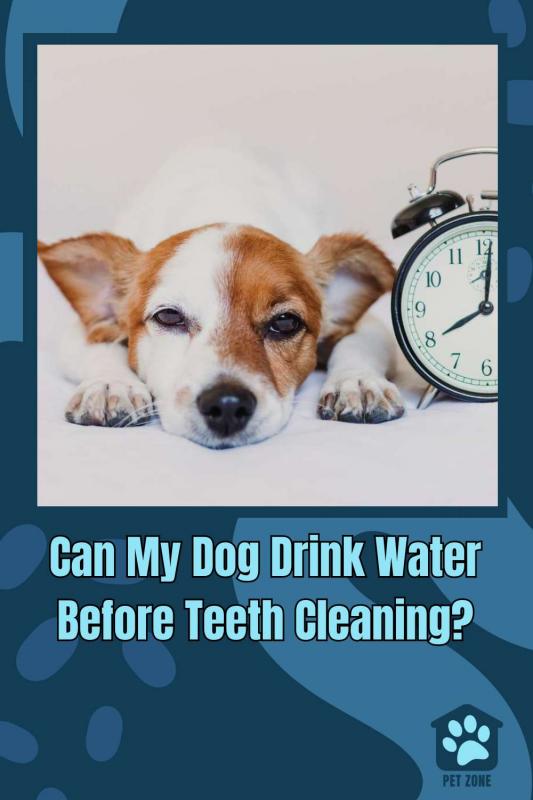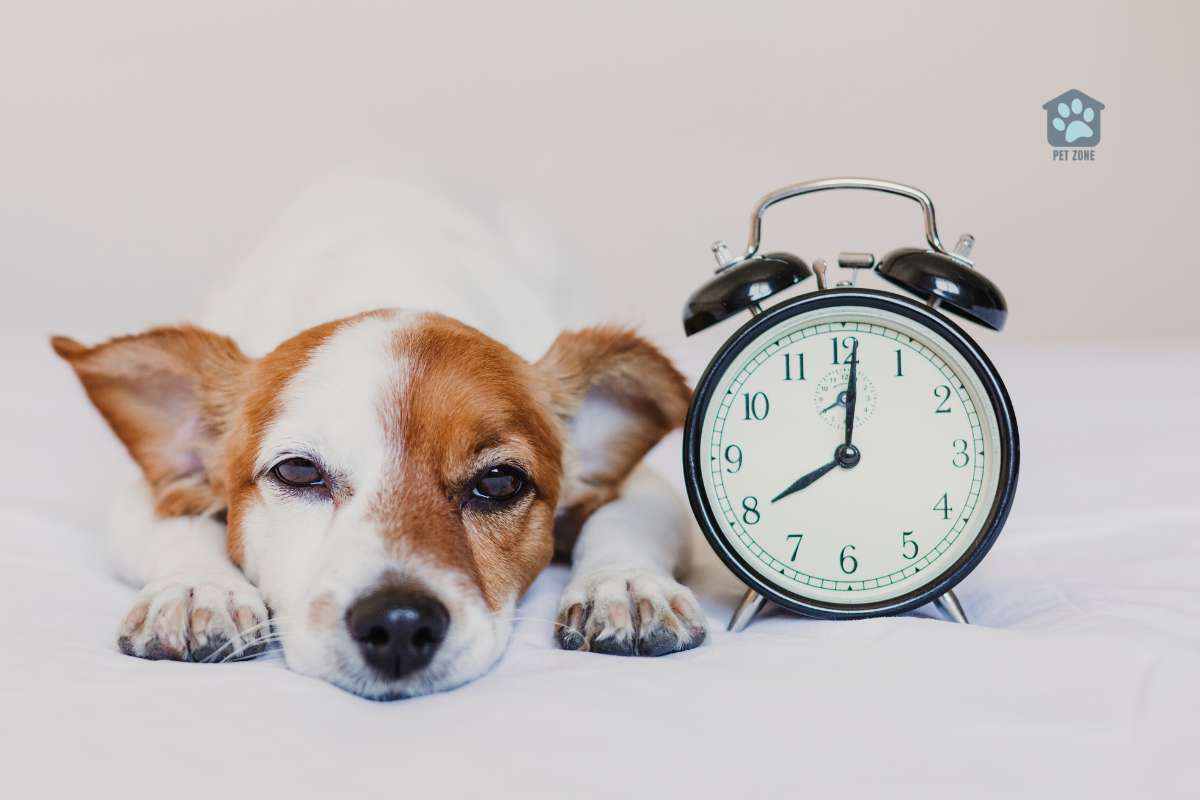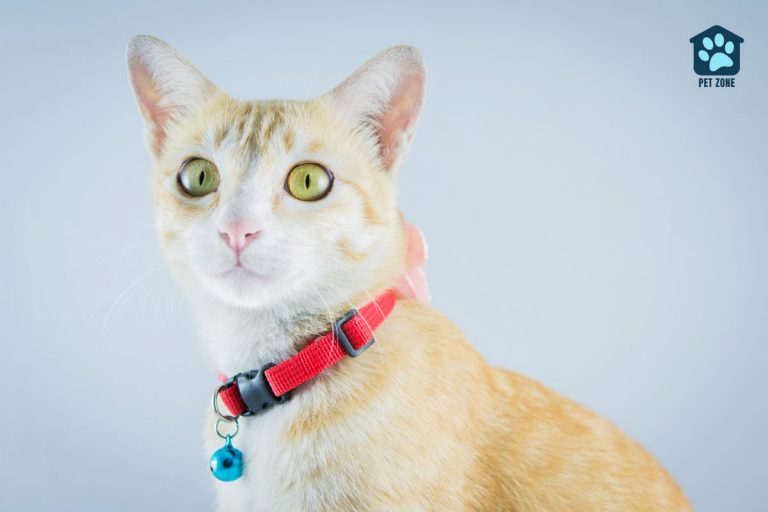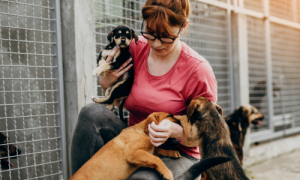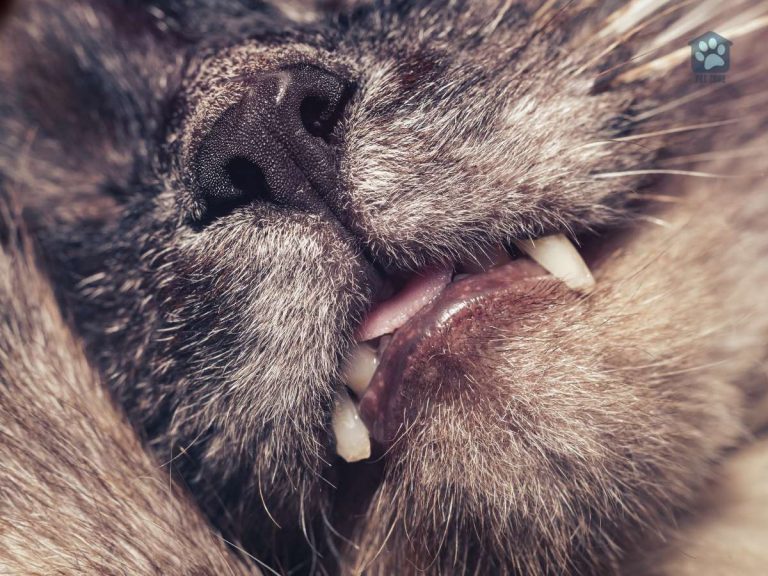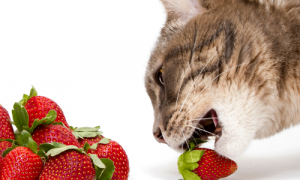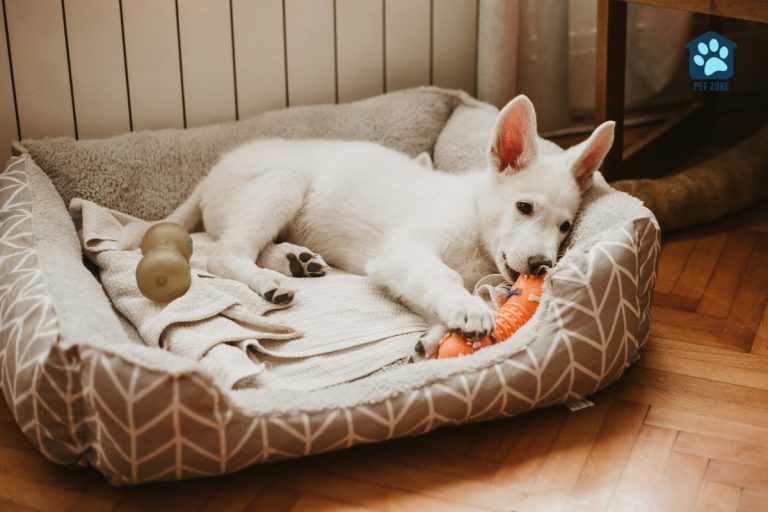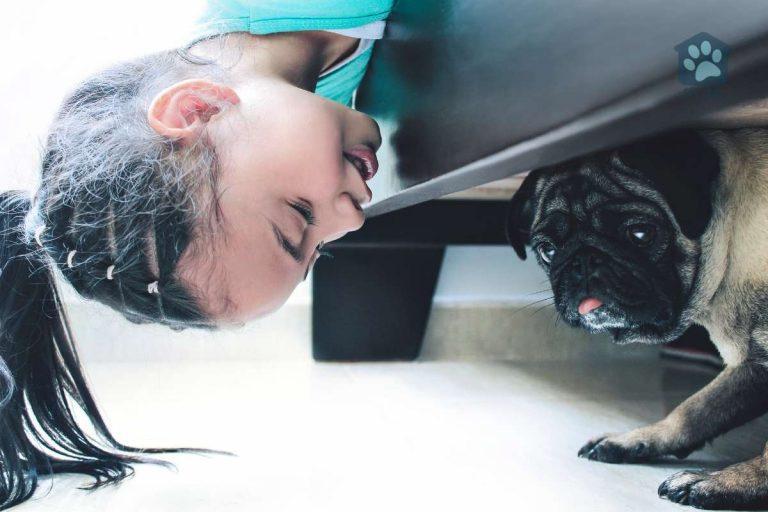Estimated reading time: 5 minutes
You have an appointment with your vet to have your dog’s teeth cleaned tomorrow. Is it okay to give your pup water before then?
Many vets recommend that you don’t give your dog any food or water for 12 hours before the dental procedure. However, some vets say it’s okay to give your dog water until the morning of the cleaning. So the short answer is: check with your vet and follow their advice!
Introduction to Dog Dental Cleanings
Dental cleanings are important for many reasons. They help keep your dog’s teeth clean and healthy. This process helps prevent tooth decay and oral infections, both of which can lead to severe dental problems. Cleanings also keep bad breath at bay.
What happens during a dental cleaning appointment? A vet, skilled in pet dental care, will first examine your dog’s oral health. They look for signs of periodontal disease, abnormalities at the gum line, and tartar build-up. If there’s any severe dental infection or gingivitis, they may need to take additional steps.
The cleaning procedure is detailed. It involves plaque and tartar removal, teeth polishing, and in some cases, extraction of any decaying teeth. For dogs with severe dental infections, treatment may be more complex.
The right time to schedule a dental cleaning is when your vet recommends it. Regular cleanings can prevent dental disease and serious oral hygiene problems from developing. Make sure you consult with your vet and follow their advice.
The Anesthesia Factor in Dental Cleanings
Anesthesia is a crucial part of the teeth-cleaning process for dogs. But why is it necessary for your dog to be put under anesthesia?
One reason is to keep your pet calm during the procedure. Dental cleanings can cause anxiety in dogs and cats. Anesthesia helps them relax, making the process smoother.
Another reason is to keep the dog still. Movement during a dental cleaning could cause your dog harm. Anesthesia ensures they stay put, allowing the vet to work efficiently.
X-rays often play a role in dental cleanings. The vet might need to take these images to check for hidden dental problems. Anesthetic helps your dog stay still for the x-ray, too.
Many vets recommend that your dog should not eat or drink hours before the veterinary procedure. Why? Because food and water could cause complications with the anesthetic. It’s best to take away your pet’s food and water around 12 hours before the scheduled procedure.
Preparing Your Dog for Dental Cleaning
The night before the dental cleaning is crucial. So, how do you prepare your dog for teeth cleaning? First, make sure your dog doesn’t eat after a certain hour. Many vets suggest not giving your dog food after 10pm the night before the cleaning process, or 12 hours before if the cleaning is scheduled very early in the morning.
The opinions on withholding water vary. Some vets say not to give your dog any food or water, while others say some water on the morning of the visit is okay. Always check with your vet if you are unsure how to proceed.
It’s also helpful to give your dog some extra love and attention the night before the procedure. This support helps them feel at ease and comfortable. In short, prepare your dog with these steps and they’re ready for a smooth dental cleaning appointment!
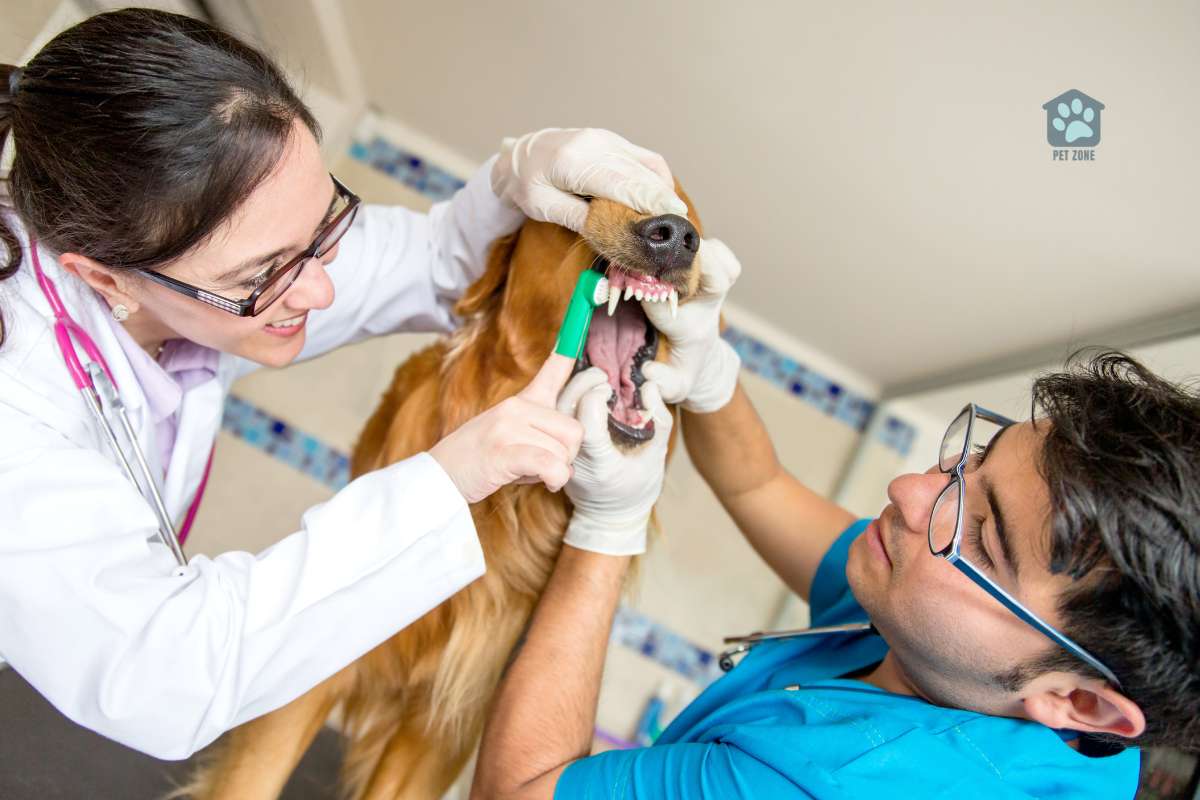
Post-Dental Cleaning Care for Your Dog
Once the dental cleaning is done, your job isn’t over. Your pet will need some extra care to recover smoothly.
Your dog may feel a bit groggy after the procedure due to the anesthesia. During this time, it’s essential to provide a quiet and comfortable space for them to rest.
Also, your vet may provide some specific instructions for feeding your dog post-procedure. This could include soft food options or a temporary change in diet.
Water, on the other hand, can typically be given as soon as your dog is ready to drink after the procedure. They might be a bit thirsty due to the lack of water before the procedure.
Regular Dental Cleanings: Ensuring Long-Term Canine Dental Health
For the best dental health, your dog should have regular teeth cleanings. These procedures can keep your pet’s mouth clean and healthy, and help prevent tooth decay and other dental issues.
Regular dental cleanings are crucial because they can catch problems early. Things like periodontal disease in dogs can be spotted and treated before they become serious.
When should you schedule these cleanings? Your vet can guide you based on your dog’s age, diet, and overall dental health. Some dogs may need cleanings more often than others.
After the cleaning, your dog’s teeth should be brushed regularly. This home care helps keep their teeth clean between vet visits.
In the end, remember that good dental health is a key part of your dog’s overall well-being. Regular cleanings and good home dental care can help your pet live a longer, happier life.
Conclusion: Navigating Your Dog’s Dental Cleaning
In summary, dental exams and cleanings are a critical part of maintaining your dog’s health. From the night before the procedure to the dental cleaning appointment itself and post-care, every step is vital.
Remember that your dog should not eat for 12 hours before the procedure. This ensures the anesthesia works properly and minimizes any potential complications. Follow your vet’s advice on whether it’s okay to give your dog some water before the cleaning.
Prepare your dog by giving them extra comfort and following all guidelines provided by the veterinarian. After the procedure, provide a comfortable space for them to recover and follow the vet’s advice about feeding and drinking.
Most importantly, maintain a regular cleaning schedule and good oral hygiene practices at home. These measures can help prevent severe dental infections and other dental problems, contributing to a healthier and happier life for your dog.
As an Amazon Associate I earn from qualifying purchases.
